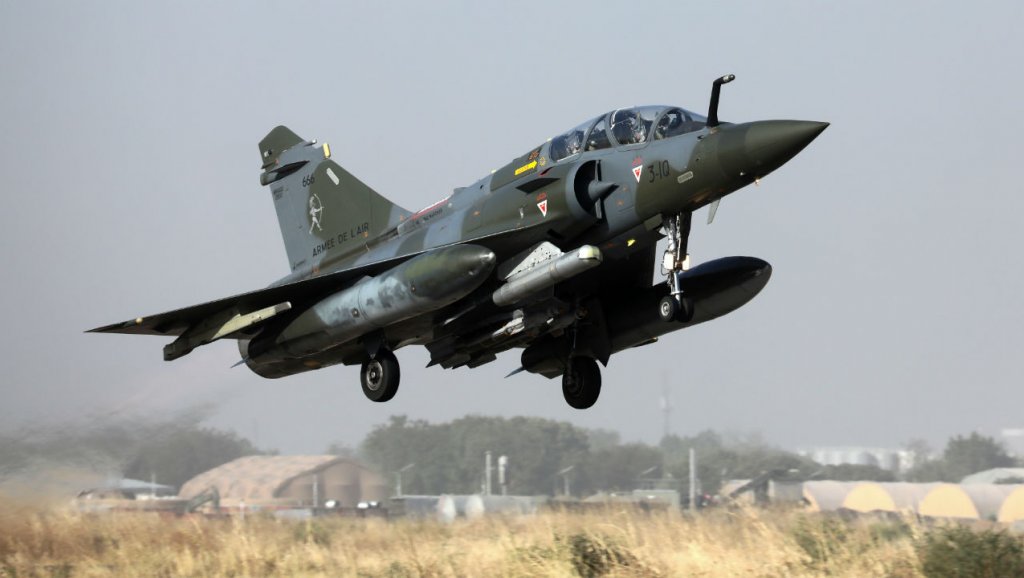The United States says it is ready to help the Nigerian Military in reducing the incidence of accidental bombing to the barest minimum if allowed to intervene.
It specifically said it would help in the area of deployment of Artificial Intelligence to improve the military’s capabilities, saying such would prevent it from running afoul of international humanitarian law.
The United States Bureau of Arms Control, Deterrence and Stability stated this in Abuja while fielding questions from selected journalists at a roundtable media chat.
Speaking during the chat, the centre’s Principal Deputy Assistant Secretary, Paul Dean, said his organisation was willing to partner the federal government to curb the proliferation of arms and ammunition in the country.
Gov Yusuf elevates CPS to DG, makes 20 fresh appointments
Former NFL star, Sergio Brown, pleads not guilty of mother’s murder
Dean said, “First of all, deep condolences on the tragedy that happened over this week. I do think your question raises the very salient point that artificial intelligence will help militaries improve their operations in a very tangible way.
“Artificial intelligence will help militaries deliver on their international humanitarian law obligations. It will help militaries improve efficiency, eliminate biases, and improve overall decision-making, and this, I think, will be of enormous value to global stability.
“We want to encourage the positive applications of artificial intelligence in the military. This initiative that we and our partners launched just last month is centered around achieving just that, maximizing the tremendous value of artificial intelligence in military applications.”
The US official maintained that adoption of technology would make operations predictable, transparent, stable and responsible, which he said would reduce the risks of an irresponsible approach.
He added, “At the same time, ensuring the international community has coalesced around a series of norms of responsible behaviour to make sure that we are reducing the risk of unintended consequences or negative applications.
“So, we are convinced that when states commit themselves to using this technology in a predictable, transparent, stable, and responsible way, the international community will be in the position of maximizing the advantages while reducing the risks of an irresponsible approach.”
In the area of curbing arms proliferation, he said, “And really the work of our Bureau is engaged in the full range of deterring conflict, promoting stability and norms of responsible behavior in the military domain. I think this makes us a natural fit for our partners here in Nigeria.
“We’re here to cooperate in areas of mutual interest and concern regarding the prohibition of chemical weapons, the pursuit of nuclear stability, the responsible use of outer space and the use of risk reduction measures to advance issues of regional security.”

 Join Daily Trust WhatsApp Community For Quick Access To News and Happenings Around You.
Join Daily Trust WhatsApp Community For Quick Access To News and Happenings Around You.


